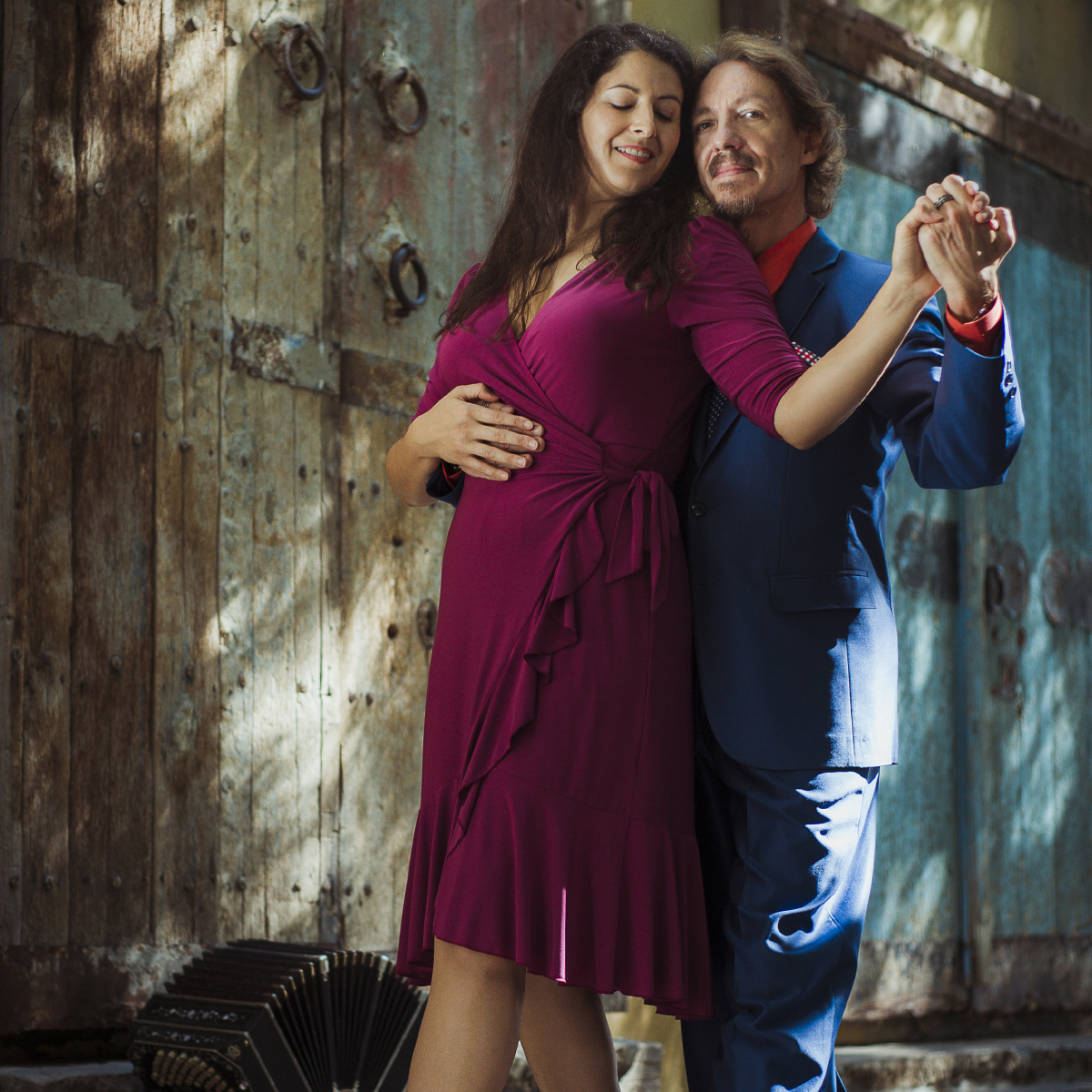
Why do we choose to dance with some people and not with others?
The first thing we should clarify is that possibly nothing in dance is absolutely conscious and voluntary and that chance always plays the leading role; I would even dare to generalize this introduction to all the processes of life and to everything that exists; but I am going to conform and remain in a rather humble place (which, coming from an Argentine, may arouse some incredulity), speaking only about the dance, restricting myself to a particular case of human life – although I would like you to know that I think that the dance (in this case the dance of the Tango, which I consider the kind of dance that is more dance than any other dance) is human life par excellence.
When we grow older and wise - if we weren't fortunate enough to be born wise - our most practical, sound wisdom turns out to be that we shouldn't spend our energies trying to control what is beyond our possibilities.
We can't handle much more than ourselves, and what little we can control other than ourselves, we achieve anyway through great control of our actions and attitudes.
As we learn to apply this general principle in the particular cases that the development of time brings to us, Tango dancers, that is, we milongueros, find ourselves facing a problem that is not small: dancing Tango implies a strong dependence on other people, which, we continually learn, we cannot control.
Since the only thing we can access some control is ourselves, we learn to be more and more careful and meticulous in choosing the people to whom we grant the privilege of becoming dependent on them, of giving ourselves.
So we could talk here about establishing a contract with these people, a pact that has the beauty of not being manifest, not written, not spoken, and that can be freely terminated and renewed by any of the parties, a relationship of privilege and freedom that we might as well call friendship; which could not be objectively defined, with for example a list of principles and requirements. This contract, this friendship, will be constantly defined and re-defined by the subjectivities involved.
I am referring not only to the people with whom we dance; but also to the people with whom we like to chat, laugh, share or sit close; because in the milonga, what is our manifest objective, intuitive or involuntary, is to inspire ourselves, which is sometimes explained in words like "being happy," and at the same time inspire and cause happiness in our colleagues.
On occasions we have danced with someone with whom we have felt such a connection, such an openness to express ourselves, such an encouragement to reveal our maximum capacities in the dance, that everything that was not dancing disappeared, and the world and the other couples on the dance floor were there in an almost imperceptible way; everything found its meaning and even the mistakes became necessary to that dance, so much so that, now we know, they were not mistakes, but capricious choreographic creations, daughters of chance and of our strength, intelligence and preparation to integrate everything that happens in the thread of our choreography, of our improvisation, like pearls and precious stones, and exotic and unknown flowers and creatures, that nature made appear there, for us, for our enjoyment.
Will it happen again? And with the same person?
There are no guarantees for this. Neither people nor any code establishes it. Only the freedom inherent in a friendship could come from a joyous and satisfying common experience.
However, even if we want that moment, that experience, and that state to return, we already know very well, if we are realistic, that nothing happens in the same way again. So, the dancer proposes a new goal each time: to wish and act following that wish, that the next time the dance, our dance, will be better.
And here we find that paradoxical problem: will the other person, the other people, want the same thing, something called better dancing, and that would mean at least approximately the same thing, or would it be complementary to what I call with those exact words?
This is a significant problem, and it appears here because dancing Tango is not at all something superficial. On the contrary, it requires we have the courage and the predisposition to face it, dedicate time to it, learn, study, observe, investigate, question, practice, create, do, recreate, and do countless times again, without worrying about quantities, because we could not dance Tango without being generous, starting with being generous with ourselves, with our living bodies, with our joy of being alive.
More articles about Argentine Tango
How to become a good dancer –and keep getting better. Find the answer
Music to learn to dance: Listen and dance!
Tango is a culture: Learn more about Tango
https://escuelatangoba.com/marcelosolis/why-do-we-choose-to-dance-with-argentine-tango-some-people-and-not-with-others/
No comments:
Post a Comment